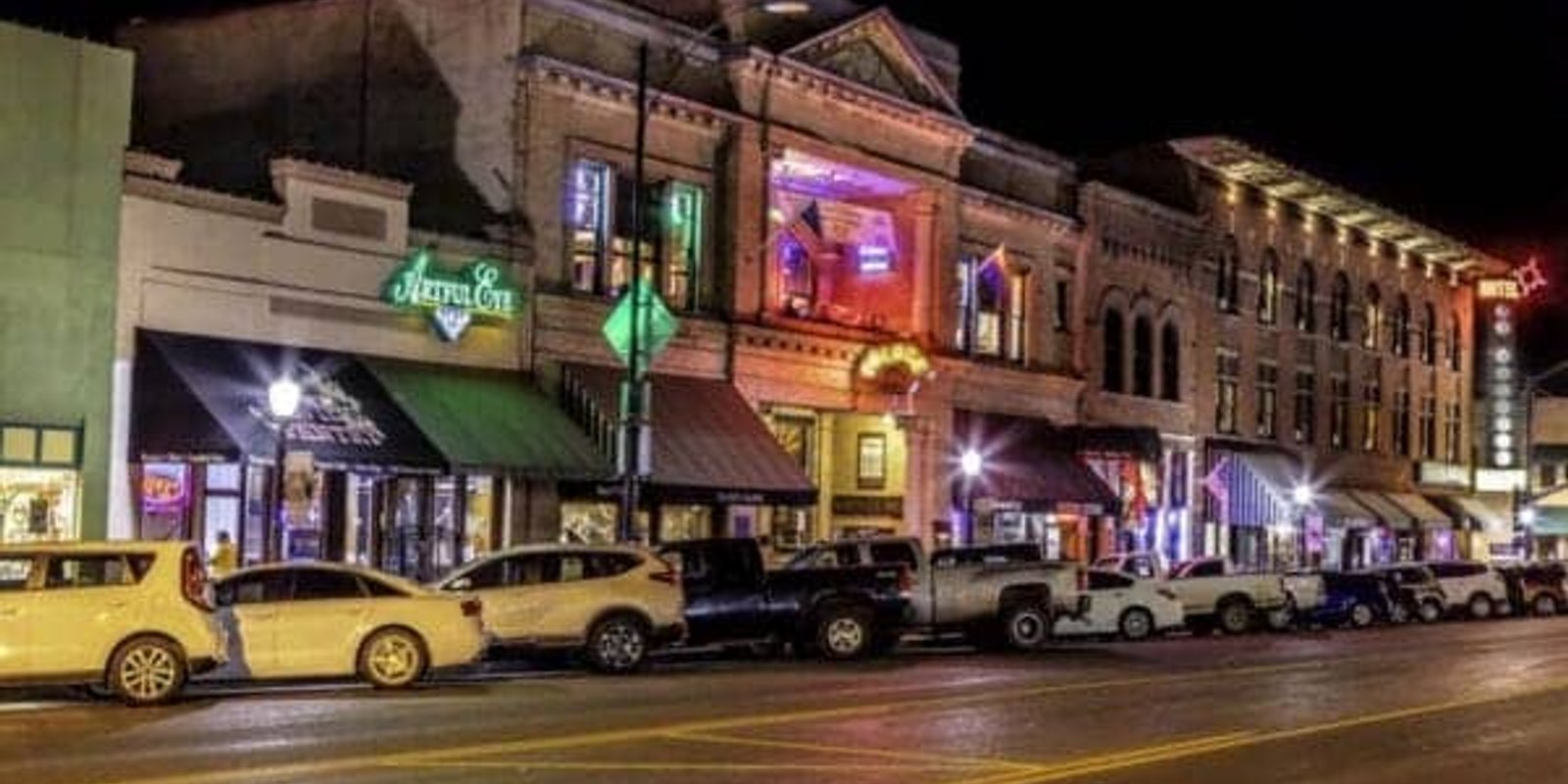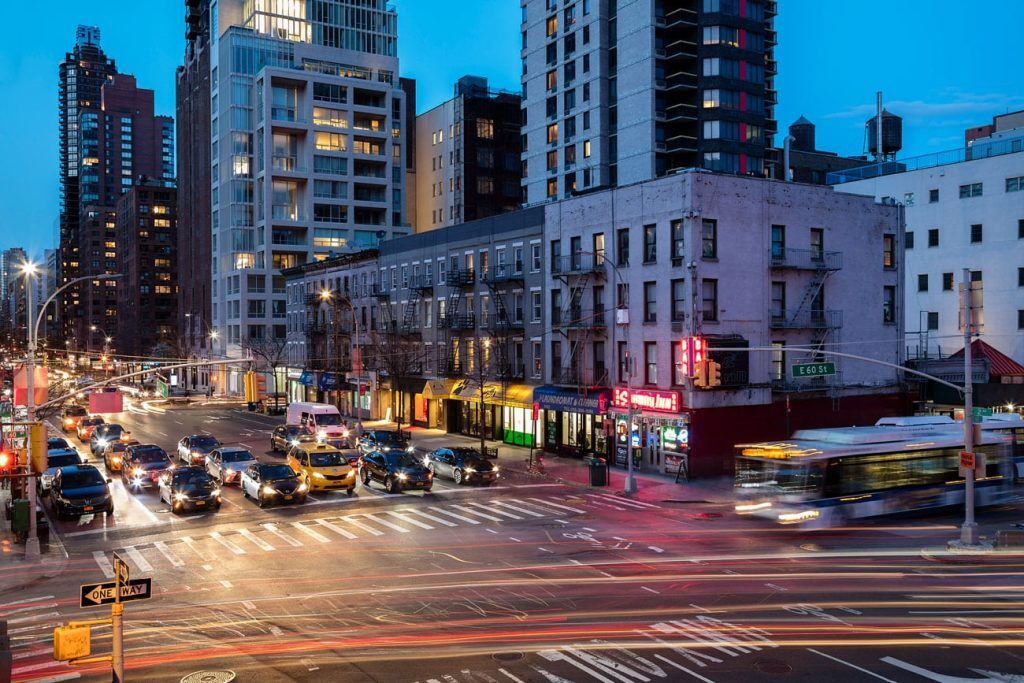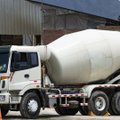Dram Shop Claims & Liability: The Bar’s Responsibility in Arizona
A Primer on Dram Shop Claims & Liability
Maybe you have been there: sitting across from someone at a bar, maybe after golf or spa treatments at one of our many resorts, while that person orders drink after drink with no one stopping them. Or maybe you are in a convenience store, and the guy in front of you appears to be having drink or is high on something. And he’s buying a 12 pack and some gas for his car.
What is that, you think? What it is, is a dram shop claim and liability case waiting to happen, sadly. Or worse yet, you are completely unaware of any of these scenarios, but a drunk driver hit your family member or neighbor and you begin to wonder, how did this person get so intoxicated? Who else contributed to their drunken behavior? Again, think dram shop claim and liability—and look to the bar or restaurant who is also responsible.
If these scenarios apply to you, then the Arizona law has an answer for you. Whenever a bar, liquor store, or any place that sells or serves alcohol sells or serves someone who is drinking and that individual goes on to to hurt someone while behind the wheel, that business is also responsible. It is called dram shop liability.
The injury attorneys at Phoenix Accident and Injury Law Firm in Phoenix have significant experience in helping clients who have been victims of DUI accidents, including those involving dram shop claims and liability. If you need help filing a claim for one of these awful, life changing accidents, we are here to help you get the compensation you deserve. Our offices are conveniently located in Chandler, Peoria, and North Phoenix, and we can meet in-person or [over the phone](tel: (480) 680-8125) or video call. You can contact us for a free consultation, or read on to find out more.
By the way, we will also help with other problems that have cost you sleep, like getting a rental car very soon and finding a nearby doctor or psychiatrist who can help get your life back on track. Even the best legal team isn’t good enough if your quality of life isn’t sustainable while justice and compensation are on the way. The whole point of legal action is to regain quality of life, so we help you long-term as attorneys and short-term as your go-to people. Our familiarity with the local Phoenix courts and dram shop liability laws makes us confident that we can help you get the best settlement possible.
If you are unsure whether or not you can afford an attorney, don’t worry. We only get paid when you settle. Check out our Attorney Fees Calculator to find out more.
Dram Shop Laws, or How to Sue the Bar in Arizona
Here is a summary of how Dram Shop Liability laws work in Arizona.
The Law in Arizona
Dram shop liability refers to the laws governing the liability of commercial establishments that serve alcoholic beverages. The purpose of dram shop liability laws is to extend personal injury and wrongful death responsibility to the dram shops that serve alcoholic beverages to inebriated individuals and minors, who then go on to cause an accident involving a third party. Put another way, you cannot over-serve or sell to someone and then claim you had nothing to do with them causing an auto collision.
These laws permit a person injured by an intoxicated person to seek compensation for her injuries from not only the intoxicated person but the social host or vendor who provided the already-intoxicated person alcohol.
What is your takeaway here? You can sue the bar, grocery store, convenience store, and liquor store for not protecting you from the monster. They helped to create the drunk that hit you.
That has not always been the case in Arizona. It wasn’t until 1986 that Arizona put the brakes on bars and grocery stores for over-serving folks who were drunk. This Dram Shop Liability law is called A.R.S. § 4-311.
A.R.S. § 4-311
A liquor licensee is liable for property damages and personal injuries or is liable to persons who may bring an action for wrongful death pursuant to § 12-612, or both, if a jury finds any of the following:
- The licensee sold spirituous liquor to a purchaser who was obviously intoxicated….
- The purchaser consumed the spirituous liquor sold by the licensee.
- The consumption of spirituous liquor was proximate cause of the injury, death, or property damage.
How to Prove a Bar Is Also at Fault for the Driver Having Alcohol
Is it just as easy as a lawsuit? No, it is not. To establish dram shop liability, the successful plaintiff must establish the four elements of a negligence claim: duty, breach, causation, and damages.
Brannigan established that liquor licensees also have a responsibility toward the patron for injuries she sustained as a result of the licensee’s failure to exercise care in serving beverages.
The Proof Needed in Your Lawsuit
First, duty. The bar or shop has a duty to be responsible with the alcohol they serve and sell. Simple.
Second, breach. The dram shop plaintiff need not prove the defendant knew the imbiber was obviously intoxicated. In most cases, it is sufficient to prove the defendant was aware or should have been aware the imbiber had consumed a sufficient number of drinks at the time the shop was serving him alcohol. Basically, the shop could not have been unaware that he was intoxicated.
The third element is the hardest. The traditional hiccup in proving dram shop liability usually comes in the third prong of the negligence factors, causation. It can be difficult to prove that it was the act of serving by the shop, rather than the act of drinking by the imbiber, that was the proximate cause.
It is a push and pull; the patron is there to get more alcohol. The bar’s staff is helping him or her right along with that goal. Similarly, the theories of intervening and superseding cause have tripped up the dram shop victim. The chain between service and injury is arguably broken when the drinker gets into a car hours after leaving the bar while the person having alcohol does some other act like going to drink at another bar.
What Arizona Courts Think About Lawsuits for Over-serving an Already-drunk Individual
Courts have discussed causation in the dram shop liability context. Typically, proximate cause will be found when the shop’s actions help lead to the final result. Such a result would not have occurred absent the defendant’s act. Put another way, if the patron of a bar orders four high balls in 40 minutes, puts his keys on the bar, consumes all that liquor, and then leaves with those keys, that bar is responsible for that drunk’s driving.
Plaintiffs have successfully countered the superseding cause argument. The courts have held that “the injury-producing conduct of the patron who has been served more alcohol while intoxicated is one of the very hazards which make the tavern owner’s act negligent.” In short, alcohol-related injury is foreseeable when over-serving liquor.
It Is Unsafe in Arizona to Over-serve Someone Who Is Already Having Alcohol?
Another claim a victim of a drunk driver can make against a bar owner is negligence per se. A.R.S.§ 4-244(14) has been found to be a “safety regulation.” § 4-244(14) prohibits the service of alcohol to “disorderly and obviously intoxicated persons.” The prevailing Arizona rule is that breach of a statute intended as a safety regulation constitutes negligence per se.
The exception to the negligence per se claim is that it may be waived when, after reasonable diligence, the defendant is unable to comply. This defense is only available where the statute does not create an absolute duty. Courts have held that neither of the laws regulating serving alcohol to minors nor inebriated adults constitutes an absolute duty. Thus, dram shops can defend from claims of negligence per se by arguing that the drinker was not obviously having alcohol.
What Is Obvious Intoxication and Why You Need to Prove It in Your Case
“Obvious intoxication,” which is the key element the plaintiff will try to prove, is defined as “inebriated to such an extent that a person’s physical faculties are substantially impaired, and the impairment is shown by significantly uncoordinated physical action or significant physical dysfunction that would have been obvious to a reasonable person.”
In the normal dram shop action, the defendant will raise the affirmative defenses of contributory negligence and assumption of risk. What does this mean? It means that that the drunk knew he was drunk and continued to drink. There was really nothing the bar could do about it. But wait; what about stopping service?
Turns out this test is contrary to Arizona’s typical negligence regime. The defense of contributory negligence and assumption of risk are not total bars to recovery. However, where the plaintiff was acting intentionally, willfully, or wantonly to contribute to his own injury, there is no right to comparative negligence. In such a circumstance, that behavior may act as an absolute bar to recovery. As affirmative defenses, the defendant bears the burden of proving the plaintiff behaved willfully or wantonly.
Juries may also, if they determine that the plaintiff was at least 50% responsible for the accident, find the dram shop not liable.
Is It Possible to Punish a Bar for Over-serving a Patron Who Goes on to Cause an Auto Collision?
The short answer is yes. Punitive damages are available if the court finds that the dram shop acted in such a way to aggravate or outrage, such as spite or malice. In dram shop actions, defendants are severally liable for damages.
In summary, over-serving and selling alcohol to someone who displays intoxication or simply drinks too much and allowing them to leave is a cause of action that you can act on.
For More Information on Dram Shop Claims and Liability
At Phoenix Accident and Injury Law Firm near you, we have more than 15 years of experience helping clients obtain compensation for their personal injuries from DUI accidents in the Phoenix area, including those including dram shop liability. When you’re ready to talk, please contact our office to arrange a [free initial consultation by phone](tel: (480) 680-8125) or at our Chandler office, conveniently located near you.
If you have been in a DUI accident, contact Phoenix Accident and Injury Law Firm in nearby Chandler, AZ to speak with an experienced personal injury attorney. We provide personal injury legal services to clients in your area including Chandler, Gilbert, Mesa, Scottsdale, Tempe, and Peoria.












